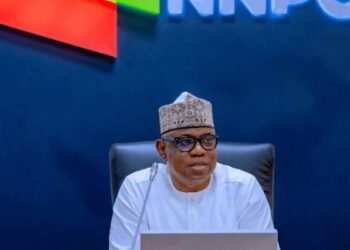Politicians and their paid agents are known to have been involved in violence against opponents and their supporters. This is sometimes done directly, with mobilisation of thugs, or indirectly through hate speech and incitement of violence, against targeted opponents. The reasons for the violence vary; it can be designed to minimise or neutralise opponents. Also, it is sometimes used to undermine the opponent’s ability to mobilise supporters and perform at the poll and spoil victory or protest losses.
Another motive is to manipulate or delegitimise the electoral process. The tactics include armed attack, armed robbery, assault, assassination, kidnappings, and bombing.
The country’s electoral body, the Independent National Electoral Commission (INEC), is already raising the alarm ahead of a poll scheduled for February and March 2023. INEC has warned political parties that it would stick with the provisions of the new Electoral Act, 2022 – including the timelines and schedule of activities for the 2023 general elections.
As campaigning gears up ahead of elections, the ruling party’s All Progressives Congress’s Bola Tinubu will run against the People’s Democratic Party flag bearer Atiku Abubakar, as well as Peter Obi of the Labour Party and Rabiu Kwankwaso of the New Nigeria Peoples Party in the general elections scheduled for February 2023.






























































